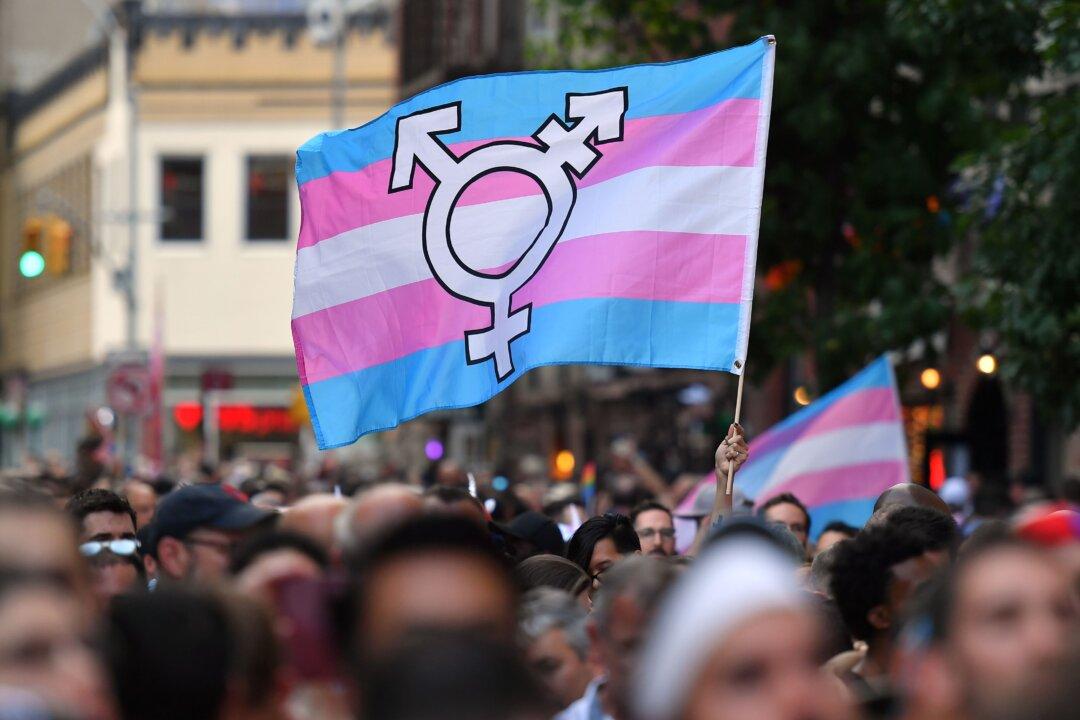In kindergarten, Erin Brewer was a girl. But when she started first grade, she considered herself to be a boy.
“I was insistent, persistent, and consistent that I was a boy when I started first grade,” Brewer said during a panel discussion at a church in Atlanta.





